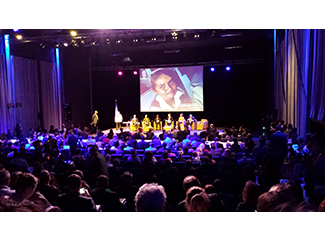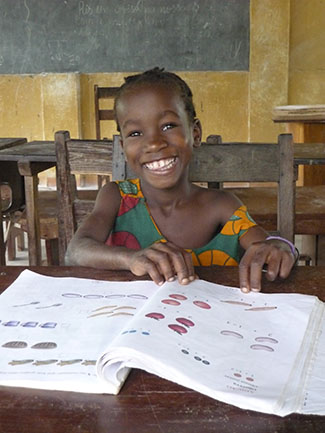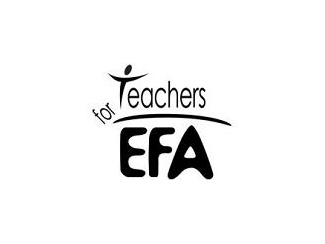consent_cookie
Duración: 1 year
Stores the user's cookie consent state
01-07-2014
Last week, the Global Partnership for Education (GPE) held the Second Replenishment Pledging Conference, to promote investment in education for the 2015-2018 period. The Partnership requested USD$3.5 billion from donor nations, foundations and private entities over the next four years to support the improvement of education in its 66 developing nation partners. Along the same lines, developing nations were encouraged to increase their education budgets by at least 20%.
From Humana People to People Jesper Wohlert participated in the conference as member of the steering committee of the UNESCO Task Force on Teachers for Education for All.
Few people would argue against the value of education in development, and the statistics overwhelmingly support its truth. However, despite unanimous global agreement on the positive benefits of investing in education, international funding for the cause since 2010 has dropped to levels equivalent to 2008 funding. UNESCO estimates that just 6 days worth of OECD military spending, around USD$16 billion, would be enough to fund a comprehensive plan to fill the education gap and reach the Millennium Development Goal of universal primary education.
At the time of this writing, over USD$2.1 billion has been pledged by donors at the GPE conference – an increase of 40 percent on the amount pledged at the last replenishment pledging conference in 2011. Even more encouraging is that 27 developing countries pledged to increase their education spending by USD$26 billion over the next four years, representing a national budget allocation increase of 25 percent.
Universal access and quality of education
The event promoted seven calls to action to achieve universal access and guarantee the quality of education in developing countries. In particular, the Humana People to People organizations work to train teachers who are well prepared to promote inclusive education, provide better access for children in rural areas, increase the relevance of the education and build a strong alliance with parents, community and authorities to ensure that all children, girls and boy, get into school.
Humana works extensively with governments in developing nations to produce well prepared teachers , all aligned with national policies and objectives. Key focuses in our approach include equipping teachers to be agents of change in their communities, and encouraging every individual to take charge of their own personal learning and development.
Humana is encouraged by the results of the conference, in particular the growing will from developing nations to invest in their children’s educations, as well as the renewed international commitment to long-term solutions for development.
“Hopefully this reflects a turn away from the demand for short-term results in many donors’ funding policies.” commented Wohlert, “In the past, our rush to achieve certain goals have seen important aspects lose attention. We need to take a far-sighted, holistic approach to really guarantee every child receives a quality education that will empower them to fulfill their potential.”
Some facts about education
Why quality education is so important. Some facts:
? 171 million people would be able to move out of poverty if they had basic reading skills
? Each year of schooling decreases a young person’s likelihood in engaging in conflict by 20%
? Ensuring education for every child (boy and girl) in Africa could increase the continent’s GDP by USD$1 billion per year
? Providing a primary education to every girl in the world would decrease the maternal death rate by 66% and save 189,000 lives per year


